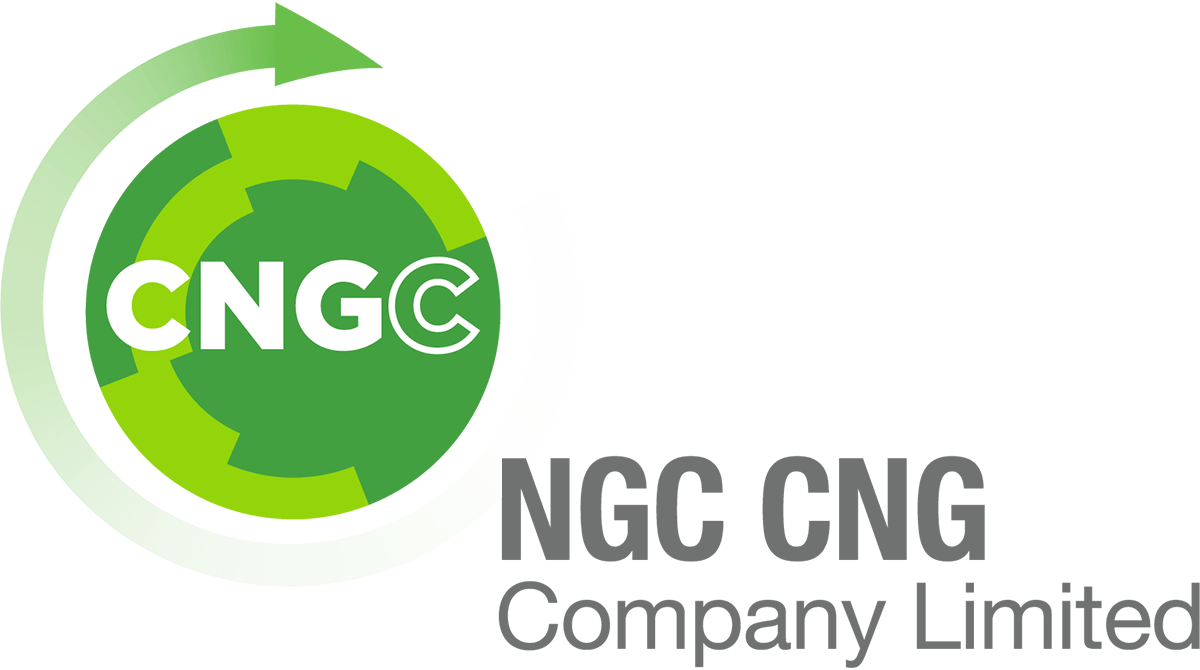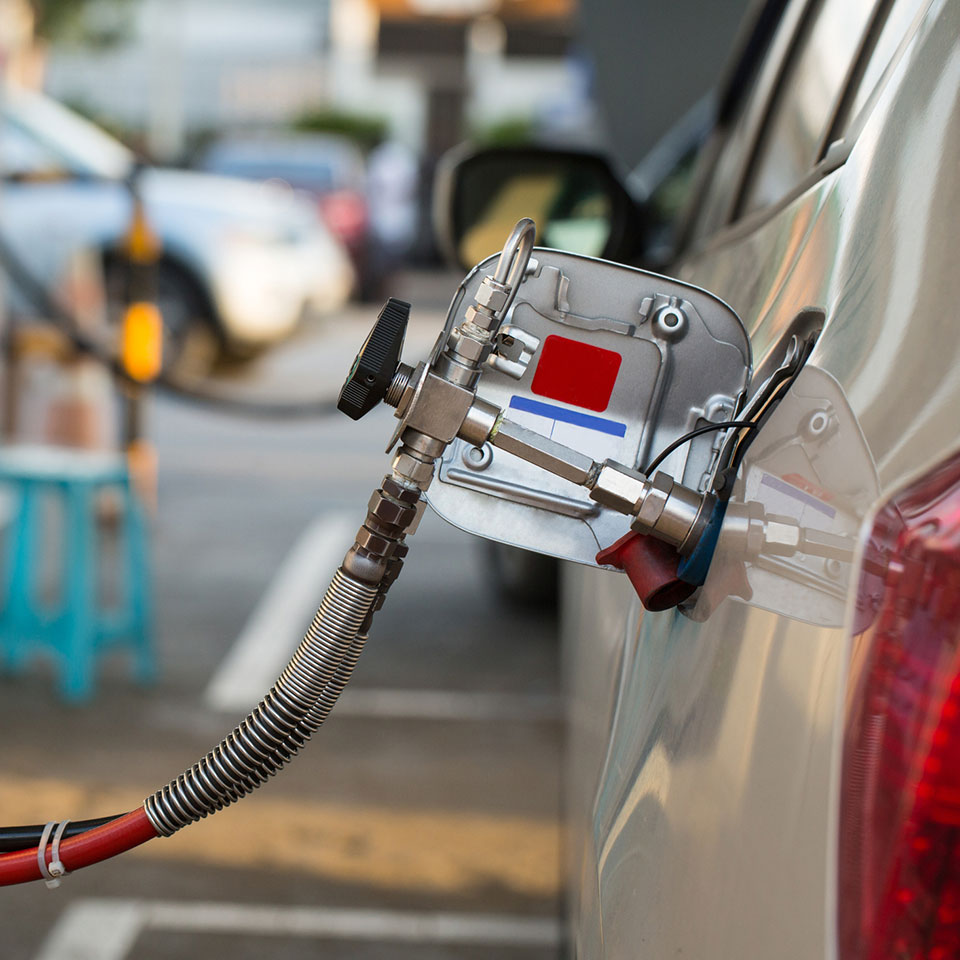Introducing CNG
Have you ever wondered what makes Compressed Natural Gas (CNG) a more environmentally friendly alternative to traditional fuel?
CNG is natural gas under pressure which remains clear, odourless, and non-corrosive. This means CNG is not just friendlier on our naturally lush landscape, but it can be used as an economical alternative as well.
What is CNG?
Compressed Natural Gas (CNG), is natural gas under pressure which remains clear, odourless, and non-corrosive. It is also a cheaper, greener, and more efficient alternative to the traditional petrol and diesel fuels for vehicles.
CNG is comprised of:
• Mostly methane gas which, like gasoline, produces engine power when mixed with air and fed into your engine’s combustion chamber.
• When CNG reaches the combustion chamber, it mixes with air, is ignited by a spark and the and the energy from the explosion moves the vehicle.
• CNG is compressed so that enough fuel can be stored in your vehicle to extend driving range, much like the gasoline tank in vehicle.
• Although vehicles can use natural gas as either a liquid or a gas, most vehicles use the gaseous form compressed to 3,000 psi.
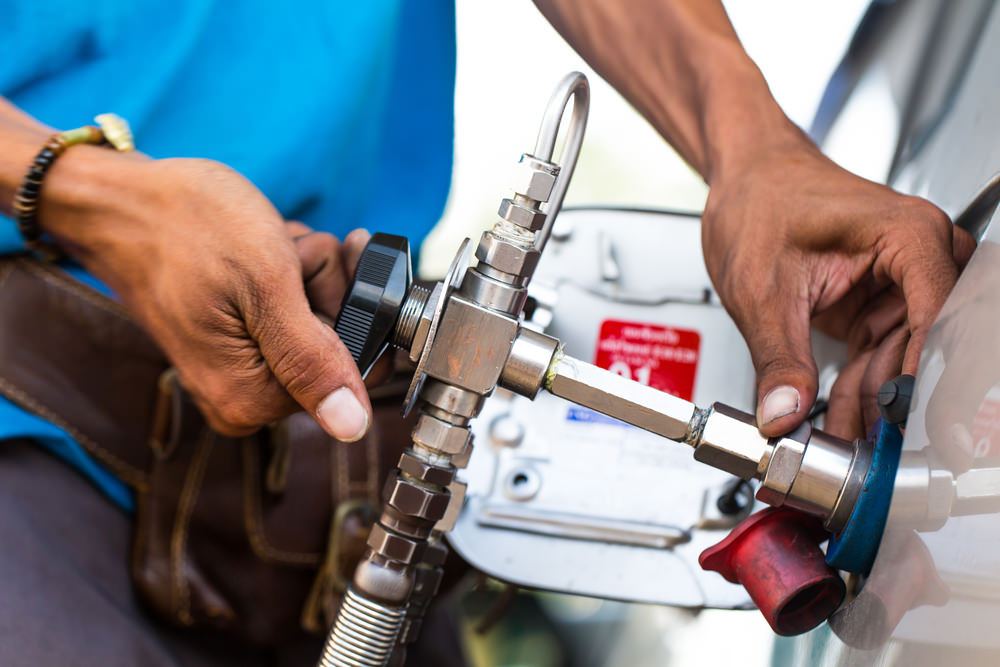
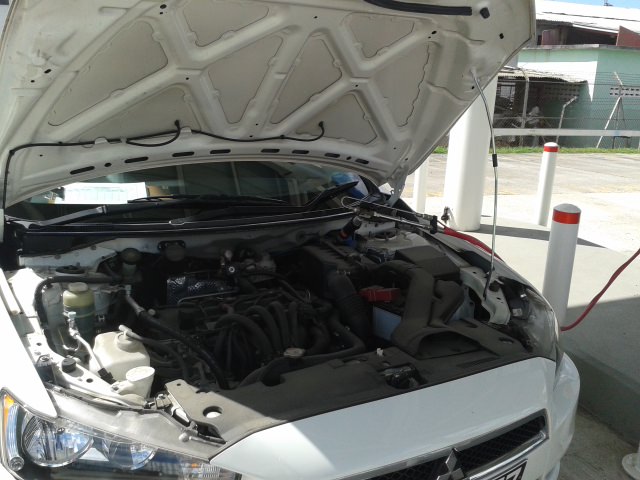

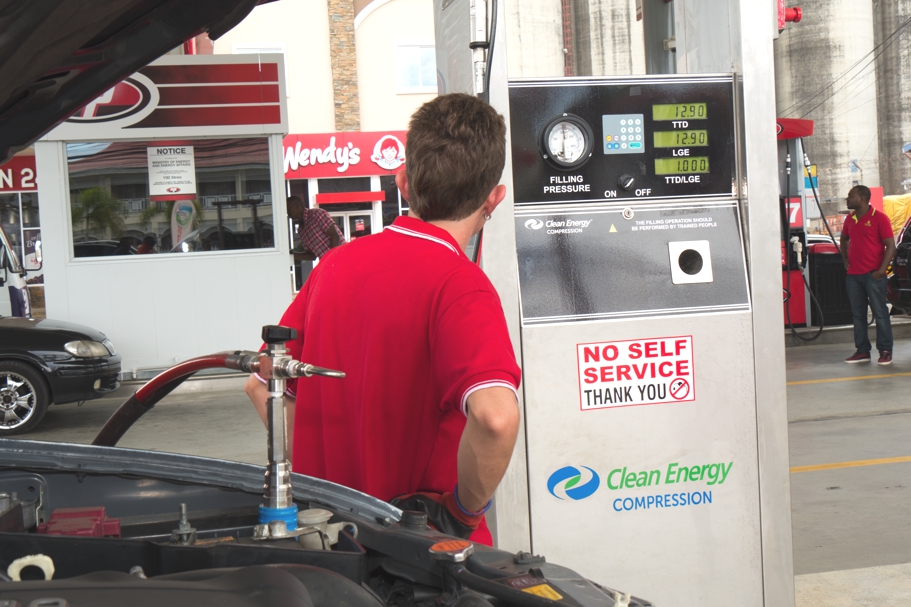
CNG vs Liquid Fuels
Still wondering why CNG is better than traditional petrol?
We break it down for you here:
• CNG is one of the most viable alternatives to traditional liquid fuels for vehicles here in Trinidad and Tobago.
• CNG is one fifth the price of super gasoline, resulting in substantial savings in fuel costs.
• CNG reduces maintenance costs since it contains no additives and burns cleanly leaving no by-products of combustion to contaminate your spark plugs and engine oil.
• The combustion chamber parts function at peak output for longer periods before requiring service. The engine oil also remains clean which minimises engine wear and requires less frequent changes.
• CNG is more environment friendly and CNG engines are much quieter due to the higher octane rating of CNG over gasoline.
• CNG produces less exhaust emissions and as a result, harmful emissions such as carbon monoxide (CO), carbon dioxide (CO2 and nitrous oxide (N2O) are generally reduced by as much as 95% when compared to gasoline powered vehicles.
• CNG is the safe bet as its components are designed and made to international standards and are monitored to ensure safe operation.
• CNG fuel systems are also sealed, which prevents any spill or evaporation losses.
